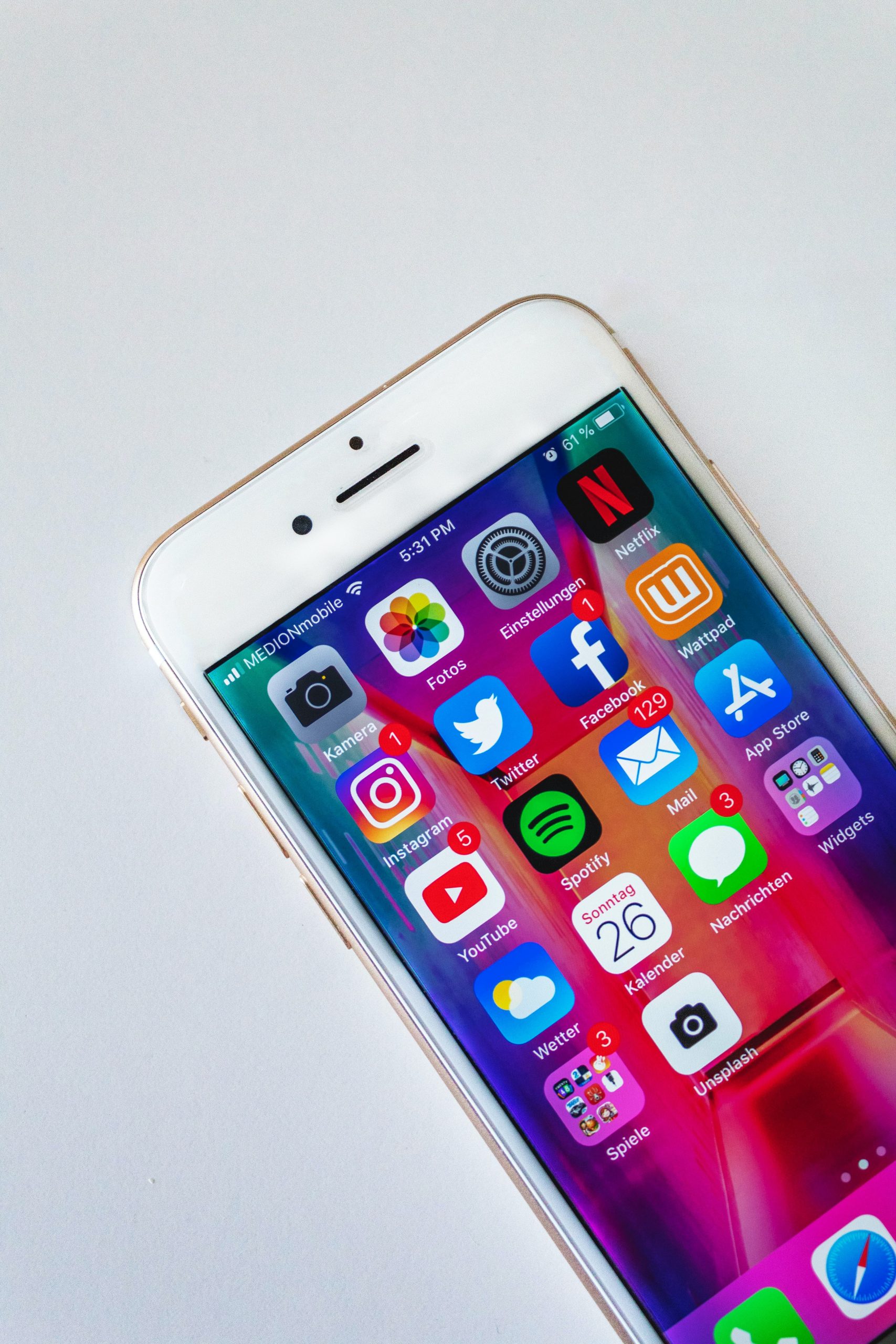The use of social media platforms has grown exponentially in the last decade and with this change, the issue of relatability has become far more prevalent. Our need for social connection and what French philosopher Rene Girard referred to as ‘mimetic desire’ has fostered this pervasive concept and thrust it into mainstream circulation. But just why is relatability such a powerful thing online? And how does it work?
Why Relatability As A Trend Is So Popular
Following the pandemic and a new lifestyle inundated with restrictions, people are escaping to their screens, more than ever, for some light entertainment and just a spark of connection. This in turn bred a shift in how influencers, celebrities, and marketers reach their audiences, as well as what we, the audience itself, expect of creators when going online. Our social media feeds now need to reflect our personalities, interests, and/or lifestyles, so digital marketing and rampant consumerism now must conform to this new standard.
Familiarity As A Precursor To Relatability
The newly established feeling of familiarity between people of different socioeconomic backgrounds has no doubt furthered the rise of the relatability trend. With social media being easily accessible to everyone, it is not unheard of to see celebrities, influencers, and ordinary 9-5’ers alike sharing their day-to-day lives in the same way. The shopping we do, the food we eat, the sweet moments we share with our families—experiencing these easily shareable moments through the eyes of a celebrity we enjoy makes them seem much more down-to-earth. It humanizes them in a way that other forms of media can’t, and this then resonates with their respective audiences.
The Power Of #Relatable
Capitalizing off this cultural change proves rather easy as social media runs on the constant sharing of perspectives and opinions. Stripping celebrities and influences of their money and fame and bringing them back down to earth instead allows them to interact more freely with their audience. A move that also makes it possible for publishers, agents, and companies to position certain individuals as “relatable celebrities” and thereby improve their projected sales. The influence of celebrities and influencers due to their saturation in mainstream media has made revolutionary impacts on the fashion, beauty, and lifestyle industries. And therefore, a subsection of current digital marketing strategy has devoted itself to either platforming #relatable celebrities or making them from scratch. Either way, relatability proves itself particularly useful as a marketing tool.
When It Fails
Relatability on social media builds on the idea of the audience being able to relate to the celebrities and/or influencers popping up on their feed. There is no talk of matching experiences, but instead, we regard relatable posts as a space wherein the individual can be addressed and won’t feel misrepresented or out of place. This, of course, won’t always line up with the luxurious lives of our favorite celebs though. Authenticity and reliability go hand in hand, which means relatability is guaranteed to backfire for those who only use it as a marketing strategy. When celebrities post pictures of themselves wearing masks in public or voicing their concerns about those who don’t follow the pandemic guidelines just to be spotted on a tropical island getaway just weeks later, it becomes obvious that their #relatable personas are all created with content, clicks, and profit in mind.
Authenticity Wins The Race
Relatability is a powerful tool when used correctly. Most of us are aware of how frequent and increasingly inconspicuous digital marketing has become. And how it permeates almost every aspect of our lives. We expect companies, celebrities, and influencers alike to want to sell us something, therefore a more honest and authentic approach would yield better results. The winning brands and influencers are typically personable and fun. They ooze personality and don’t compromise their flashy lifestyles to seem more relatable to their audience. They embrace the fact that their path differs from that of their followers and focus on sharing things that they enjoy, attracting like-minded people to their profiles. After all, #relatable doesn’t have to look the same on everyone.


